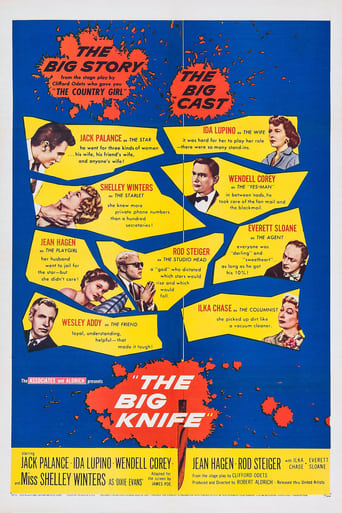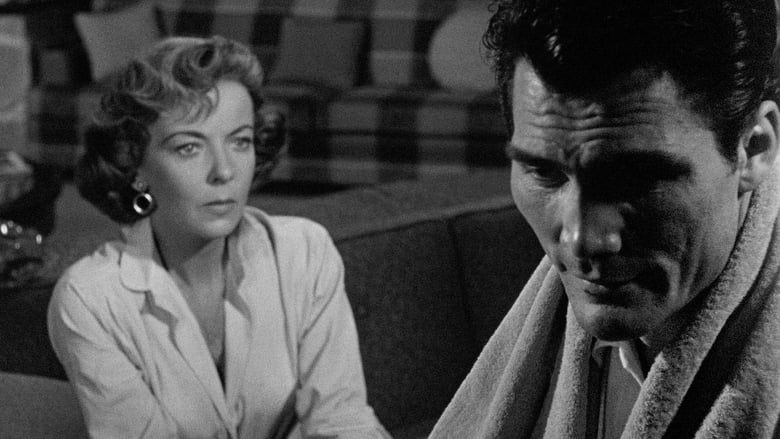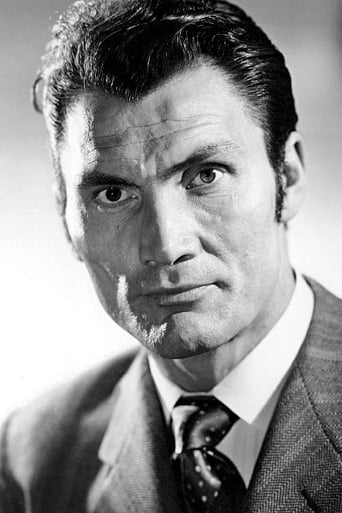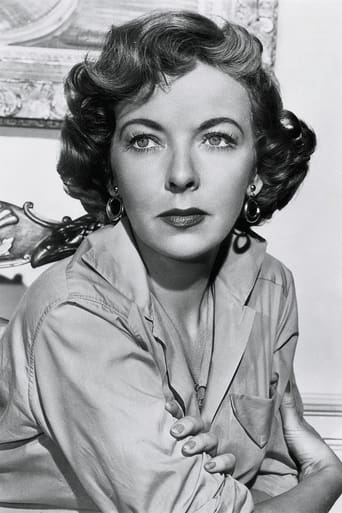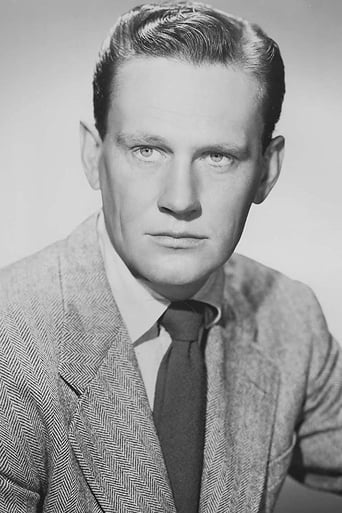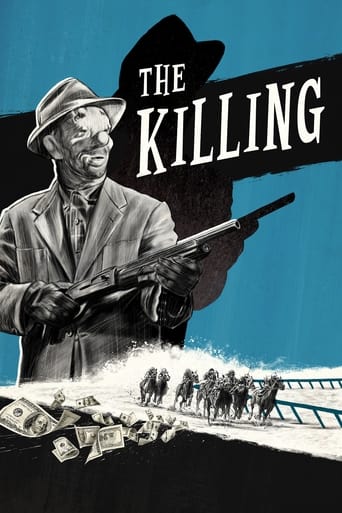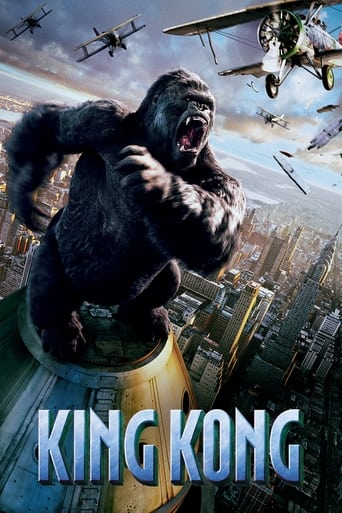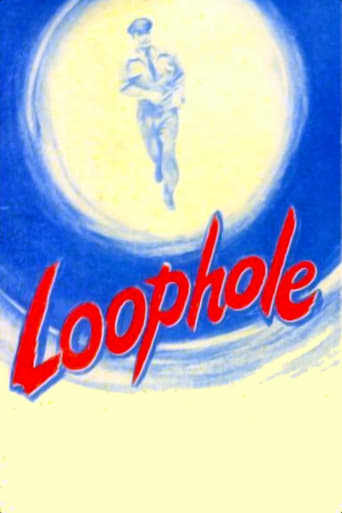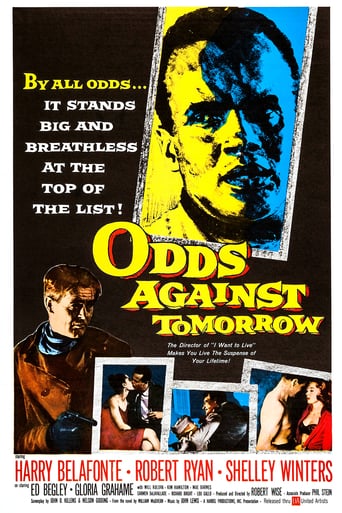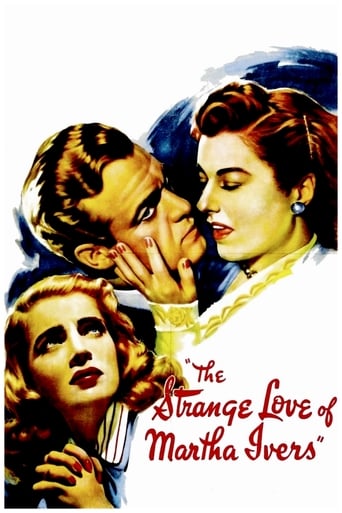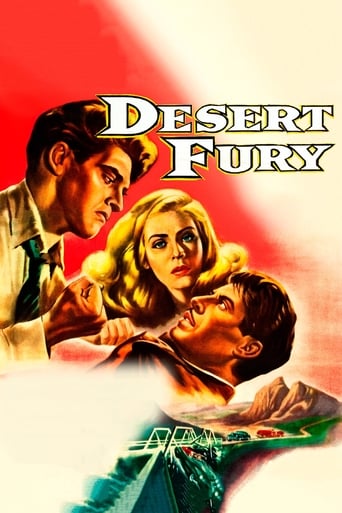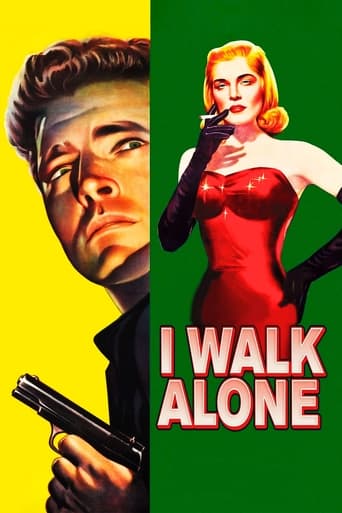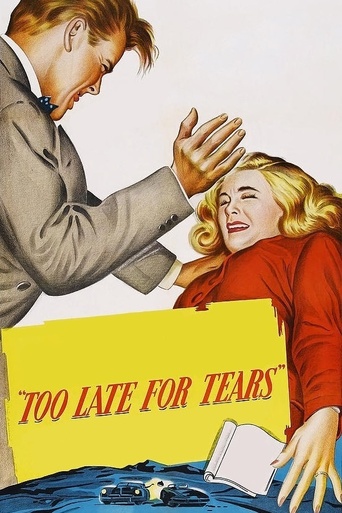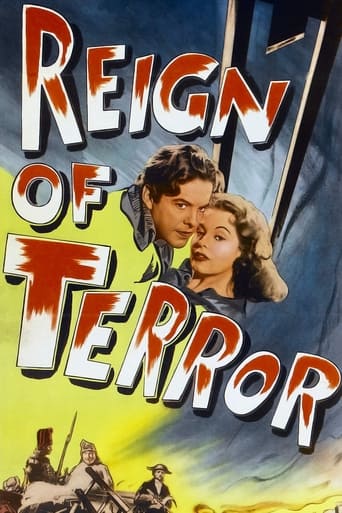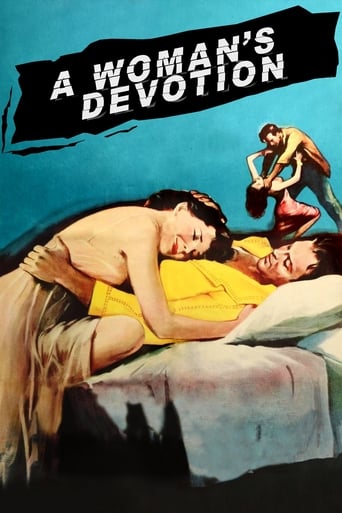The Big Knife (1955)
Movie star Charlie Castle draws the ire of Hollywood producer Stanley Hoff when he refuses to sign a new seven-year contract. Castle is sick of the low quality of the studio's films and wants to start a new life. While his estranged wife supports him in the decision, Castle's talent agent urges him to reconsider. When Castle continues to be uncooperative, Hoff resorts to blackmail in order to get his way.
Watch Trailer
Free Trial Channels
Cast


Similar titles
Reviews
Too much of everything
Fantastic!
An unexpected masterpiece
One of the best movies of the year! Incredible from the beginning to the end.
Dull and boring. A movie about the movie making world and what they will do to cover up scandals among their best actors.I found the drama about the actor's marriage far too scattered and uninteresting. This film is supposed to show that some studio owners were evil greedy men making their stars produce garbage meaningless movies for money--using corrupted directors (gee what a surprise!). Also that this unfufilling career (producing kitch) leads to infidelity and marriage problems and robs the souls of the poor actors.Personally I would rather watch 99 River Street any day than this boring thing--all the studios would have gone bankrupt if they only produced these pseudo-intellectual masterpieces of boredom. An ugly now very dated looking French painting is supposed to symbolize the studio owners and of course the high culture and intelligence of the actor or rather his wife who bought it. PSEUDO-INTELLECTUALITY DEFINED.It drags it goes no where. It is talky with endless unemotive dialogue--in fact the scream when his wife finds his body--is the first non droning dialogue you hear--it made me jump. Shelley Winters is the most memorable actor for her short part where she is hopelessly dense and annoying.Watch things like 77 River Street...that is entertainment when things try to become too meaningful or artsy they flop..Several reviews say they let the actors control this entire movie allowing too much hamming and over-rehearsed stops (scenes).One last thing the tinny jazz soundtrack for this thing it was so bad it became irritating.DO NOT RECOMMEND
*Spoiler/plot- The Big Knife, 1955. A ten year established contract actor at a major studio feels like he's being mishandled by his studio. He wants to quit acting, but his contract is coming due for another seven years. He is put in a dilemma of conscience. The studio head tries to manipulate him, his family, career, and friend in a negative way for the studio's monetary interest. The actor is pushed to breaking point.*Special Stars- Jack Palance, Ida Lupino, Rod Steiger, Everett Stone, Nick Cravat, Shelley Winters.*Theme- Contractual bondage for an idealist is a bad idea.*Trivia/location/goofs- Film Noir, Method Actors cast. The studio head role was patterned after Columbia and MGM studio heads, Cohen and Mayer. This film was blacklisted by all the major studios for it's anti-studio content. It came out during the 'contract actors' legal fight to break the studio system by Bettie Davis and other actors. Film plot supposedly based on a true story about secret collusion between studio heads(John Huston & Louis Mayer), media(Louella Parsons) against studio actors. Several possible examples are Thomas Ince's death aboard William Randolph Hearst's yacht, the death of Jean Harlow's husband, the beating death of Ted Healy (recent stories allege Wallace Beery was responsible) Burt Lancaster(played in a similar subject matter film 'Sweet Smell of Success' '57) turned down the male lead role and John Garfield accepted but died by heart attack before shooting started. Shelley Winters dedicated her role to Garfield.*Emotion- This was a un-entertaining too static Method Actor melodramatic mish-moss. Weird miscasting for lead roles didn't help. The film title is crazy, too. It's a harsh message movie indictment on the studio contract players and draconian studio system. I have no problems with the actor's performance in either. But the fact 'The Big Knife' was shot like a locked down stage performance in essentially one house interior set made this film too static. It suffered greatly by constant plot and script referrals to dramatic incidents and people off camera. Therefore not pushing the script forward enough to make it dramatic & interesting. 'Sweet Smell' was more of a watchable interesting feature movie with all of the good production trimmings. The Big Knife leaves you confused, bored, and let down due to the films harsh ending.*Based On- Clifford Odets play.
A Hollywood movie star has a couple of angst-ridden days as he tries to get out of the business. The premise is a little hard to swallow - that it's hell being a movie star - and the execution is a failure on many levels. Based on a play by Odets, the characters don't stop talking for a minute. Aldrich does nothing to eliminate the stagy feel. Pretty much all the action takes place in a living room. The cast is impressive, but they did not get the memo that this is the film version, not the stage one. Palance and Lupino overact, but they are models of restraint compared to Steiger, who is completely over-the-top as a tough studio boss. The score is atrocious.
With the mood of cynicism that permeated the motion picture industry in the years after the war, Hollywood itself sometimes became its own target. With the decline of the studio system and the rise of the independent producer, this was inevitable. Pictures like Sunset Boulevard and The Bad and the Beautiful veiled their attacks, were somewhat playful in their satire, and in any case chose relatively soft victims. The Big Knife however is flagrant and visceral, and put its producer-director Robert Aldrich in the studio bad books for several years to come.Even before The Big Knife went into production, it was hard to get either backers or cast willing to be associated with it. Aldrich eventually took on a supporting actor to play a lead role. But Jack Palance is no second-fiddle player. For his looks and demeanour he was usually cast in tough baddie roles, but here he gets to show his considerable dramatic range. He continually mixes his emotions with exceptional skill – an example being when he snaps angrily at Everett Sloane, showing a hint of vulnerability beneath the surface that is both believable and faintly poignant. This is one of his most impressive performances and he is more than able to carry the picture.The rest of the cast, while similarly not the most glamorous of choices, are a real box of gems nonetheless. Opposite Palance we have Ida Lupino, not an outstanding actress, but always one who radiated great intelligence and dignity. This is by far the best I have I have ever seen from her, and her character's relationship with Palance's is truly touching. Also at his very best is Wendell Corey, a man who tended to play blandly obnoxious types, as he does here, but capable of demonstrating real humanity and depth when it was required. Rod Steiger's performance is, at first glance, a little too surreal and theatrical for a straight drama, but as the picture wears on it seems somehow appropriate for the one absolutely despicable villain to be some kind of bizarre caricature. In any case, he is good fun to watch.The question is begged, if The Big Knife was such a bugbear to the Hollywood establishment, and has such an iconic cast, why has it not been championed by latter-day hipster film geeks? The answer is simple: The Big Knife simply isn't that good. Robert Aldrich was a skilled director of dynamic action flicks, and it's clear he now truly wanted to raise his game and make serious dramatic pictures. But good as his intentions are he's out of his depth. He simply doesn't understand the kind of manipulation needed to make a stage play work on the screen, without it seeming like an endless string of talking, and for all his movement of the camera the narrative still remains dull and static.The production is also scuppered by two seemingly minor factors. First, the set decoration is far too cluttered, and while Aldrich makes some good use of bringing props into view at opportune moments, there is simply too much business there and it upstages the actors. Secondly there is that score by Frank DeVol, which clearly thinks it is modern and innovative, but is frankly annoying, especially since the poor mixing makes it sound as if DeVol's drumming is actually supposed to be taking place on the set, and you expect a guy with a snare to suddenly walk into the frame. When you see how badly it is done here, you can appreciate why the Academy gives awards for such "boring" categories as Art Direction and Sound. The ironic thing is, had a major studio dared to pick up The Big Knife and got a better production team to work on it, they could probably have done a fairly decent job.

